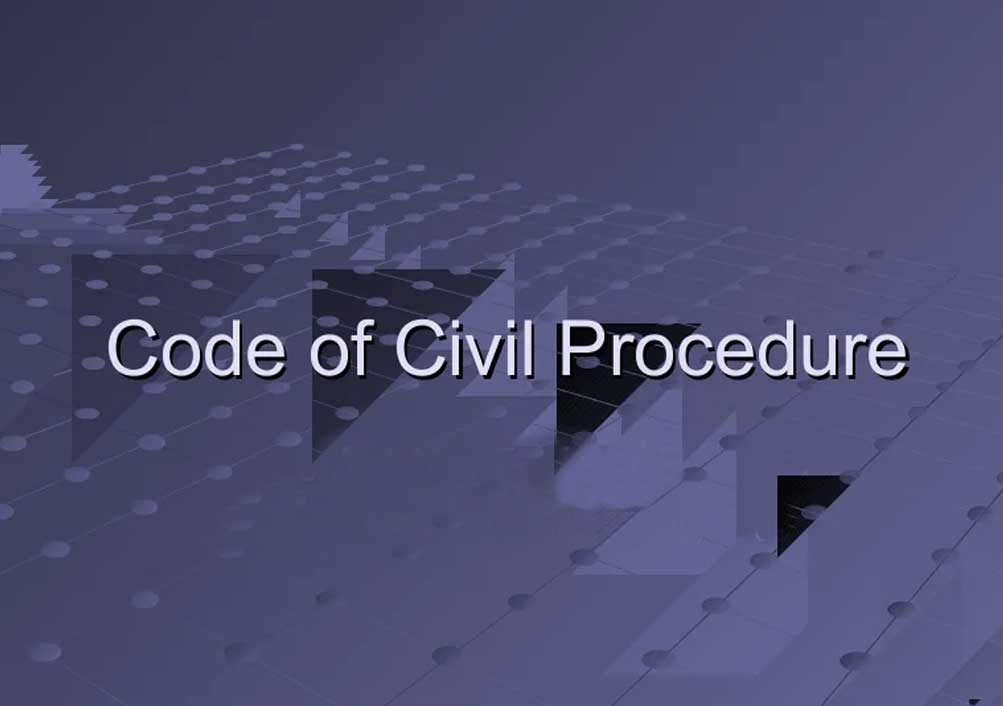CS(COMM) 27/2020-DEL HC- Power exercised by Court in order to enforce its orders under Order 39 Rule 2-A CPC, is punitive in nature and akin to power to punish for civil contempt : Delhi HC
Justice Mukta Gupta [18-11-2022]

Mansimran Kaur
New Delhi, November 22, 2022: Elucidating the legal principles pertaining to the proceedings under Order XXXIX Rule 2A CPC in respect of disobedience of the orders of the Court and the implementation thereof, the Delhi High Court has opined that the purpose to take action under such provision is to enforce the order of the Court, rather than punish the person.
Justice Mukta Gupta disposed of the applications by noting that that there were repeated violations by the respondents of the order dated January 30, 2020 which may though not be willful but even accepting the explanation offered by the respondents showed the callous manner in which work was carried out by the respondents,
The plaintiffs filed the suit seeking a decree of permanent injunction against the defendants, its employees, officers, agents, etc. for directly or indirectly dealing in any product including but not limited to generic APIXABAN product that infringed the subject matter of the Indian Patent No. IN 247381 and delivery of all stocks of generic APIXABAN in possession of the defendants to the representatives of the plaintiff which infringed the subject matter of IN 247381.
The suit came up before this Court and an ad-interim injunction was passed in favour of the plaintiff and against the defendants.
Alleging that despite an ad-interim injunction granted by this Court the defendants were selling their products in the open market, the plaintiffs filed application under Order XXXIX Rule 2A CPC and in view of the fact that the case of the defendants was that the product being sold in the market were prior to the injunction order, this Court issued notice simpliciter in the application granting time to file reply to the application.
This was followed by another application under Order XXXIX Rule 2A CPC wherein the plaintiffs alleged that the four respondents submitted a tender offering for sale of APIXABAN and the said act of the first defendant and its officers/directors amounted to willful disobedience of the order of this Court.
Considering the documents placed on record, prima facie, it was revealed that the first defendant’s agent at Varanasi had offered to sell APIXABAN and thus this Court issued show cause notice against the two above-noted persons, namely, Dharmesh Mahendra Shah and Raheel Dharmesh Shah, the Chairman & Managing Director and Director of the first respondent respectively, as to why proceedings under the Contempt of Court Act be not initiated against them.
Thereafter, the plaintiff filed a third application under Order XXXIX Rule 2A CPC alleging that the respondents were still violating the order of this Court dated January 30, 2020.
After considering the submissions from both the sides, the Court placed reliance on the judgment in Sahdeo v. State of U.P., wherein it was held that the proceedings of contempt are quasi-criminal in nature. Further the Bench referred to the judgment of the Supreme Court in Surendranath v. Mambally's Bakery, wherein it was observed that a person is guilty under Order XXXIX Rule 2A CPC only where the disobedience is wilful and disobedience simpliciter would not invoke Order XXXIX Rule 2A CPC.
In view of the same, the Court noted, “...the power exercised by a Court under Order XXXIX Rule 2A CPC is punitive in nature and akin to power to punish for civil contempt under the Contempt of Courts Act and has to be exercised with great circumspection. As noted above, the purpose to take action under Order XXXIX Rule 2A CPC is to enforce the order of the Court, rather than punish the person.”
Further in respect to the first application, the Court noted that the order of interim injunction was passed by this Court on January 30, 2020. There was no interim injunction till January 30, 2020, hence the alleged supply of products to M/s. Jai Ganesh on January 25, 2020 couldnot be treated as a disobedience of the order of this Court much less a willful disobedience. Thus, the action as alleged in the application did not amount to disobedience of the order of this Court dated January 30, 2020, the Court stated.
With respect to the second application, the Court noted that after the cease and desist notice was issued by the plaintiff, the respondents withdrew their bid vide letter dated June 11, 2020. Though submitting the bid for supply of 10,000 tablets of APIXABAN 5 mg was clearly a violation of the order of this Court, however in the circumstances explained it couldnot be held that the same was willful and hence show cause notice issued to the respondents as to why proceedings under the Contempt of Court Act be not initiated was discharged.
With respect to the third application, the Court noted that considering the circumstances in which national lockdown was announced in March, 2020, disruption in the functioning of the company cannot be ruled out and a finding cannot be returned that there was a willful disobedience of the order of this Court dated January 30, 2020. Consequently, the show cause notice was discharged.
In view of such facts, the Bench noticed that there were repeated violations by the respondents of the order dated January 30, 2020 which may though not be willful but even accepting the explanation offered by the respondents showed the callous manner in which work was carried out by the respondents.
“The conduct of the respondents though not amounting to willful disobedience but surely callous, the applications are disposed of, warning the respondents to be careful in future”, the Bench held.
Sign up for our weekly newsletter to stay up to date on our product, events featured blog, special offer and all of the exciting things that take place here at Legitquest.




Add a Comment